What Legal Powers Does a Security Guard Have?
Your decision to become a security guard necessitates an understanding of the scope of your legal powers. Knowing your rights and responsibilities can help you perform your duties effectively, protect property, and ensure everyone's safety. At Top Gun Bodyguard, Investigations & Security Consulting, we offer comprehensive training to equip you with all the knowledge you need to operate within the law. First, let's take a detailed look at what legal powers a security guard holds.
Private Security and Public Law
Although security guards work in a private capacity, their legal powers often intersect with public law. A sound understanding of these parameters is crucial to preventing oversteps that can lead to legal repercussions.
For instance, security guards have no power to arrest individuals like sworn law enforcement officers do, yet, they can perform a citizen's arrest under certain conditions. However, the rules governing this practice vary from state to state, underscoring the importance of localized training and knowledge.
Powers to Search and Seize
Another critical question is whether security guards have the authority to search or seize property. Typically, without consent, a security guard cannot perform a search. Exceptions exist if the owner or operator of the property has set rules allowing searches or if the guard has reasonable suspicion of illegal activity. In such cases, knowing how to conduct a proper search while respecting individuals' rights is vital, another skill that quality training can provide.
Rights to Trespass
Security guards also wield power in controlling access to property. They can ask uninvited individuals to leave or remove disruptive individuals. In legal terms, this is known as enforcing trespass laws. If a person refuses to leave, the security guard can use reasonable force, or in some cases, detain the individual for law enforcement.
Use of Force
One of the most delicate areas of a security guard's legal powers is the use of force. Security guards have the right to use reasonable force to protect themselves or others, prevent crime, or make a citizen's arrest. The definition of 'reasonable' is, however, context-dependent. It's crucial to remember that any use of force should be proportionate to the threat faced.
Monitoring and Surveillance
In the age of advanced technology, monitoring and surveillance have become integral parts of a security guard's role. Legal guidelines dictate what surveillance methods can be used, when, and how the data should be stored and protected. It's critical for security guards to understand these laws to maintain the privacy rights of the people they are safeguarding.
The Legal Powers of Security Guards
Remember, the laws governing a security guard's powers can vary significantly by state, city, or even the type of property being guarded. A comprehensive understanding of these laws is not only crucial for protecting oneself but also for providing the best security service.
At Top Gun Bodyguard, Investigations & Security Consulting we understand the importance of navigating these legalities. Our training programs are designed to provide a nuanced understanding of the laws related to security work. You'll learn not only the basics of patrol and reporting but also delve deep into the legal aspects of private security.
Our nationwide in-person and online security guard training service is top-tier, blending practical skill acquisition with comprehensive legal instruction. It is not enough just to react to situations. At Top Gun Bodyguard, Investigations & Security Consulting, we train you to respond in a way that is effective, respectful, and legal.
Join Top Gun Bodyguard, Investigations & Security Consulting Today
The intricacies of a security guard's legal powers are not something to be taken lightly. They require careful study and practical training. That's where Top Gun Bodyguard, Investigations & Security Consulting comes in. With our extensive training programs, you can rest assured you're equipped with the skills, knowledge, and legal understanding necessary for a successful career in security.
Sign up today and elevate your career to new heights. The best security guard training service nationwide awaits you at Top Gun Bodyguard, Investigations & Security Consulting!

